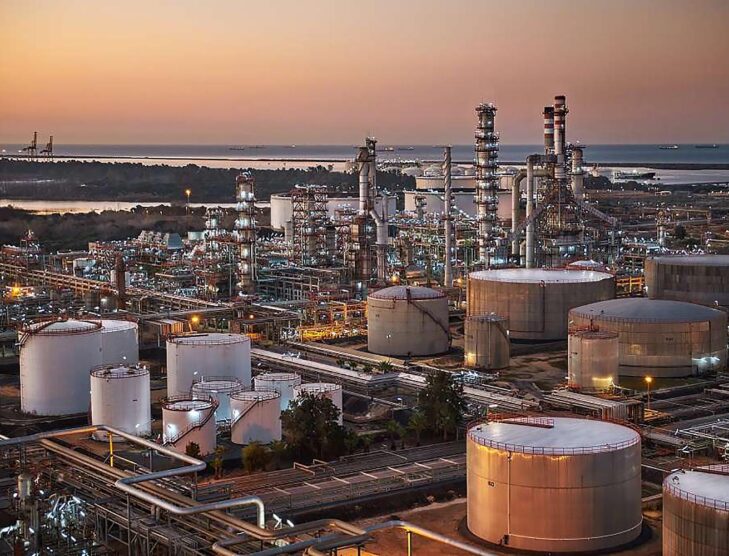
Cepsa starts production of sustainable fuels in Huelva, Spain
Cepsa, an international energy company based in Madrid, Spain, has begun production of sustainable fuels from used cooking oils at its La Rábida Energy Park, in Palos de la Frontera, Huelva, Spain.
This milestone is part of Cepsa’s Positive Motion strategy that aims to lead biofuels production in Spain and Portugal with 2.5 million tons annually by 2030, promoting the decarbonisation of land, sea, and air transportation.
These sustainable fuels can reduce emissions by up to 80% over their entire life cycle, compared to conventional fuels, and increase energy independence and supply security.
“Cepsa has been producing biofuels at its refineries for more than 10 years and has been developing pioneering studies worldwide to convert waste and used oils into fuels of renewable origin with high energy value. The start of production of advanced biofuels is a new step in the process of transforming our energy parks and our energy transition strategy,” said Antonio Joyanes, director of Energy Parks, Cepsa.
“Our commitment is to be our customers’ best partner in achieving their sustainability goals. The production of second-generation biofuels allows us, for example, to continue providing value in the supply of fuels for the aviation sector, where demand will increase in the coming years,” said Carlos Barrasa, director of Commercial & Clean Energies, Cepsa.
Cepsa has established an ambitious roadmap to cut emissions for all its activities. Specifically, by 2030, it will reduce its CO2 emissions (Scope 1 and 2) by 55% compared to 2019 and aims to be carbon neutral by 2050. As for Scope 3, the carbon intensity of its products will be between 15 and 20% lower by 2030.









